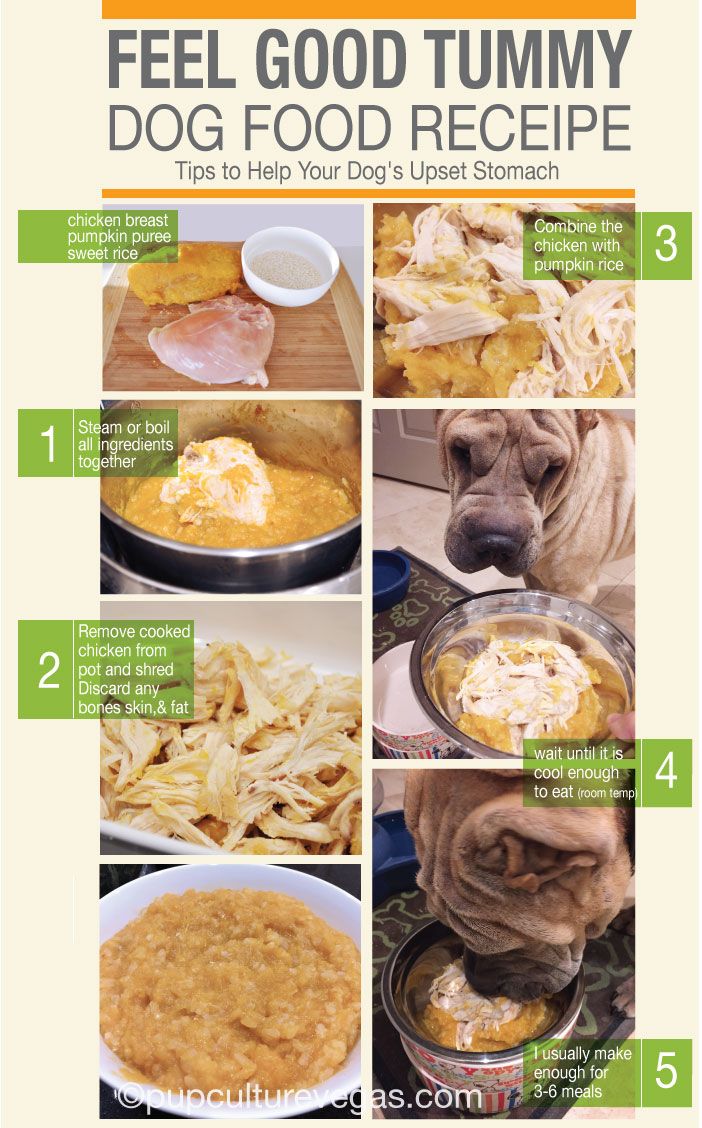For an upset stomach, give a dog boiled chicken and rice. Avoid spicy or fatty foods.
It’s important to provide bland, easily digestible food to soothe the stomach. When your furry companion is suffering from an upset stomach, it’s essential to provide the right kind of care and nutrition to alleviate their discomfort. They may experience symptoms such as vomiting, diarrhea, and loss of appetite.
In such cases, it’s crucial to take a gentle and considered approach to their diet. Providing easily digestible, bland foods can help settle their stomach and provide the necessary nutrients. This article will offer insight into the best foods to give a dog with an upset stomach, ensuring their road to recovery is smooth and comfortable.
Soothing A Dog’s Upset Stomach
Recognizing symptoms of an upset stomach in dogs is important as it can lead to prompt treatment. Common signs include vomiting, diarrhea, and lack of appetite.
Digestive system of a dog involves the stomach, small intestine, and large intestine. The stomach is the initial site of digestion and can be sensitive to dietary changes or infections.
Factors such as abrupt diet changes, intolerance to certain foods, or ingestion of indigestible items can lead to stomach issues in dogs. Stress, bacterial infections, or parasites can also trigger digestive problems.
Identifying The Distress Signs
Physical symptoms of an upset stomach: Look for signs such as vomiting, diarrhea, loss of appetite, and lethargy in your dog. These can indicate digestive distress.
Behavioral cues from your pet: Pay attention to changes in behavior, such as restlessness, excessive licking of the abdomen, or reluctance to eat. These may indicate discomfort.
When to consult a veterinarian: If your dog’s symptoms persist for more than a day or if you notice blood in the vomit or stool, it’s important to seek professional veterinary care immediately.
What To Give Your Canine Companion
When your dog has an upset stomach, it’s crucial to provide a bland diet to soothe their digestive system. Options such as boiled chicken, rice, and sweet potatoes can help alleviate discomfort. Additionally, offering safe over-the-counter remedies like famotidine can aid in reducing stomach acidity. Incorporating probiotics into their diet can also offer numerous benefits, promoting the growth of good bacteria in their gut and aiding digestion. Remember to consult your vet before introducing any new foods or medications to your pet’s diet to ensure it’s the best option for their individual needs.
Home-cooked Solutions
Boiled chicken and rice recipe: When a dog has an upset stomach, a simple meal of boiled chicken and rice can help soothe their digestive system. Boil boneless, skinless chicken breasts and cook white rice, then mix them together in a 1:2 ratio. This bland meal can provide them with essential nutrients and is easily digestible.
Pumpkin puree for digestion: Pumpkin is a natural remedy for a dog’s upset stomach due to its fiber content and natural enzymes. A tablespoon of plain, canned pumpkin puree can regulate their digestion and alleviate any discomfort. Ensure that it is pure pumpkin without any added sugars or sweeteners.
Hydration and its role in healing: Proper hydration is crucial for a dog with an upset stomach. Encourage them to drink plenty of water to maintain their hydration levels. You can also offer electrolyte solutions to replenish lost nutrients, aiding in the healing process.
Soothing Remedies For Quick Relief
To help soothe your dog’s upset stomach, consider gentle belly massages to provide quick relief. This technique can aid in easing discomfort and promoting better digestion. Additionally, creating a quiet environment for your dog and allowing ample rest time is essential. The value of rest cannot be underestimated and can significantly contribute to your dog’s recovery. It is important to pay attention to when to reintroduce regular food back into your dog’s diet. Gradually reintroducing a bland diet can help in preventing further stomach irritation and aid in the healing process.

Credit: pethempcompany.com
Preventive Measures For The Future
For preventive measures, consider making diet modifications for sensitive dogs. Ensure their diet is easily digestible, and avoid any foods that commonly cause stomach upset. Regular check-ups are crucial to identify and address any underlying health issues. Additionally, minimize stress by providing a calm and comfortable environment for your dog. Implement stress reduction strategies such as regular exercise, mental stimulation, and plenty of affection.
Frequently Asked Questions Of What To Give A Dog With An Upset Stomach
What Are The Common Causes Of A Dog’s Upset Stomach?
A dog’s upset stomach can be caused by dietary indiscretion, intolerance to certain foods, infections, parasites, or underlying health conditions. It’s important to monitor your dog’s symptoms and consult with a veterinarian if the issue persists.
What Foods Can Help Soothe A Dog’s Upset Stomach?
Offering a bland diet such as boiled chicken and rice can help soothe a dog’s upset stomach. Additionally, pumpkin, plain yogurt, and easily digestible foods can provide relief. Ensure your dog stays hydrated and consult a vet for specific dietary recommendations.
Can I Give My Dog Over-the-counter Medications For An Upset Stomach?
It’s crucial to consult a veterinarian before giving your dog any over-the-counter medications for an upset stomach. Human medications can be harmful to dogs. Your vet can recommend safe and appropriate options based on your dog’s specific condition.
How Long Does An Upset Stomach In Dogs Usually Last?
The duration of an upset stomach in dogs can vary depending on the cause and severity. Generally, mild cases can resolve within 24-48 hours with proper home care and diet adjustments. Persistent or severe symptoms should prompt a visit to the veterinarian.
Conclusion
Finding the right food to help soothe your dog’s upset stomach is crucial. Selecting easily digestible, bland foods such as boiled chicken and rice can provide relief. It’s important to monitor your dog’s symptoms and visit a vet if the issue persists.
Prioritize your pup’s health with gentle care and nourishment during this time.



